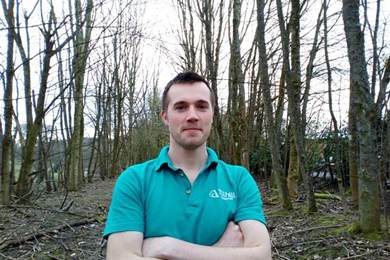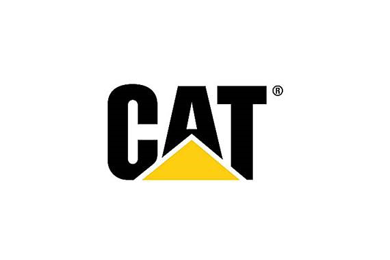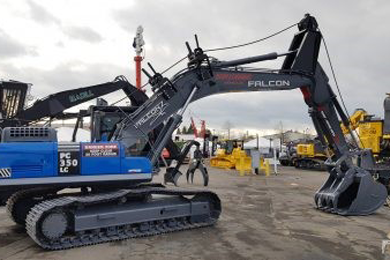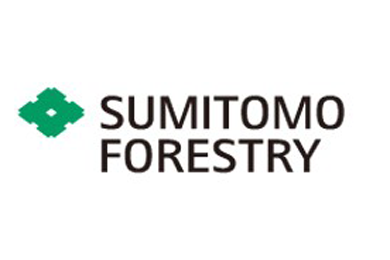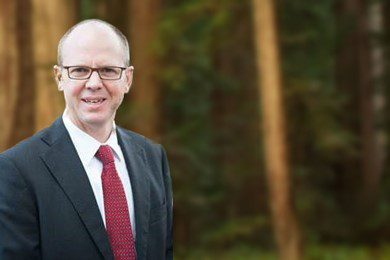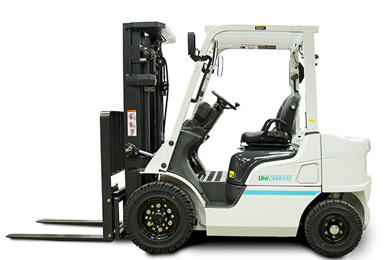‘More than enough’ wood fibre to supply proposed $180M Kawerau plant, report says – Concerns that there may not be enough wood fibre to supply a new $180 million particleboard plant proposed for Kawerau have been quashed by an industry study which concludes “there is more than enough wood available” although it notes the increased demand may push up prices in an industry dependent on low-cost supply.
China’s Guangxi Fenglin Wood Industry Group last year announced plans to establish a plant in Kawerau by 2020 to produce 600,000 cubic metres of panel boards a year and generate 100 new jobs, at an expected cost of $180 million.
That prompted push back from some in the industry, with the Wood Processors & Manufacturers Association of New Zealand raising concerns that timber mills in the region didn’t produce enough wood fibre to supply the proposed plant as well as existing big pulp mills of Kinleith in Tokoroa and Tasman in Kawerau, which are owned by Japan’s Oji Fibre Solutions. Fenglin’s proposed plant is expected to initially produce particle board and later expand to medium-density fibre board (MDF).
“There is more than enough wood available to support an additional 700,000 cubic metres of domestic fibre demand,” Finland forestry consultancy Indufor concluded in its evaluation of wood fibre availability for New Zealand Trade and Enterprise. “The question becomes the availability by fibre type (and hence fibre cost).”
Pulp log prices in New Zealand have remained remarkably static over recent years even though prices for other log types have surged higher.
Data from NZX’s agricultural analysis business AgriHQ shows average national pulp log prices have fallen over the past six years, from $52.60 a tonne in the first quarter of 2012 to $50.50 a tonne in the first quarter of this year. That’s in contrast to other log prices, with A-grade export logs surging from $82.70 a tonne to $131.30 a tonne over the same period, and domestic S1 logs jumping from $98.40 a tonne to $131.20 a tonne.
Indufor notes that industrial fibre is “relatively low cost’, and is sourced from forest operations in the form of pulp logs and residues from logging operations and sawmills.
“Low raw material costs are crucial to competitiveness, and hence the viability of the industry,” Indufor said.
The forestry consultancy said low-quality small diameter logs, which had traditionally been used by local industrial fibre plants have experienced strengthening demand in recent years as a result of a buoyant log export market competing for a similar product and solid domestic demand.
This meant central North Island industrial fibre plants had to source logs from other regions and use industrial and small sawlogs that could otherwise be exported.
“This highlights that the shortfall is an economic rather than physical deficit,” Indufor said. “If the price for low-grade export logs drops, the volume available for domestic consumption will increase.”
The use of forest binwood had increased in recent years to help meet shortfalls and shorter binwood types were underutilised due to handling costs and the fact that it was less suitable for the pulp and paper sector, Indufor said. The short binwood was suitable for particleboard although there is uncertainty over volumes and the cost of extraction, it said.
The report noted that demand for sawmill residue was strong, with all central North Island woodchip consumed and additional supply sourced from as far afield as Northland and Taranaki. Shavings were frequently burnt on site for power or heat generation or used in agriculture, sawdust showed periodic surpluses and other mill residues were used on site or sold as boiler fuel, it said.
“The impact of the new facility on central NI wood fibre availability (and hence cost) will therefore depend on the quantity of ‘in-surplus’ material that is available, namely short or less accessible forest binwood, and to a lesser extent, sawdust from processing facilities,” Indufor said.
It estimated about 250,000 cubic metres a year of forest binwood may be available although it will only be recovered if it can be delivered at a lower cost than the next cheapest supply source, and sawdust volumes of 100,000 cubic metres a year are also likely to be available.
“The balance of the new demand (350,000 cubic metres per annum) will need to be fulfilled by logs currently being exported (mostly industrial grade and small sawlogs), as well as further inter-region transfer of logs and woodchips,” it said. “This will push up the average delivered cost of fibre to all fibre users in the North Island.”
Indufor said some increase in domestic sawmilling activity is possible, with the increased capacity helping contain fibre costs.
“If a greater volume of whole logs was processed onshore, then there would be extra mill residues available for domestic industrial fibre consumers,” it said.
Capacity would need to increase by at least 25 percent, or 900,000 cubic metres above 2017 consumption, in order for the impact on feedstock price to industrial fibre consumers to be contained, it said. Higher forest binwood recoveries would also assist in containing fibre price increases, it said.
Fenglin’s planned investment in Kawerau has been hailed as a huge benefit to the district by Mayor Malcolm Campbell, who noted the area had traditionally faced a shortage of job opportunities.
Founded in 2000, Fenglin was one of the earliest engineering board manufacturers in China and the first in Guangxi Province, according to its website. Listed on the Shanghai Stock Exchange, Fenglin has three MDF plants and one particle board plant in China with total capacity of 810,000 cubic metres a year, and also owns about 14,000 hectares of forests to secure wood supply.
With plants in China’s Guangxi and Guangdon provinces, the company said it began to explore more international opportunities from 2015.
Source: BusinessDesk

